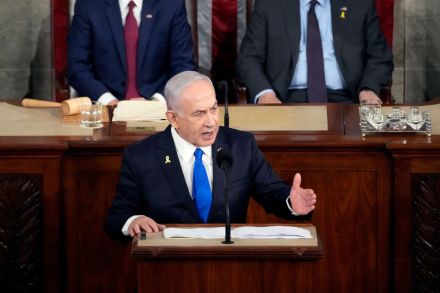The joy of our deluded politicians
There are a number of joys in life that do not get enough attention. One is the sheer, unadulterated pleasure that can be gained from watching a politician speak about something they know nothing about. This season Kamala Harris is giving especially abundant material for connoisseurs. Recognising that there is plenty she doesn’t know about, her campaign team are hoping that, Starmer-like, she can glide into office without having to say anything about what she might do once there. On the rare occasions when she does sit down and get asked questions, she is a master in her peculiar field. For instance, if Harris is asked about how her administration





















